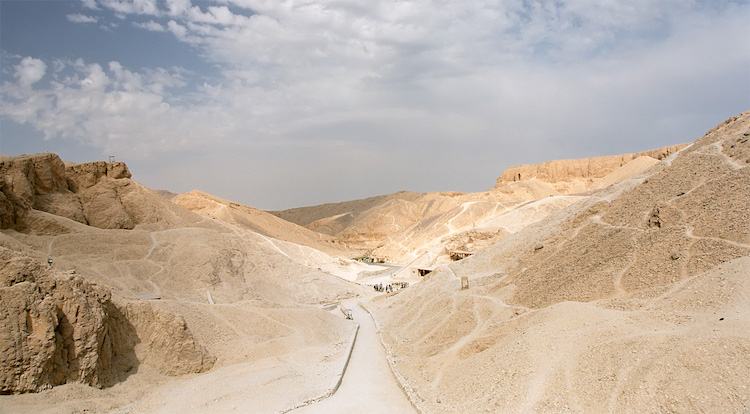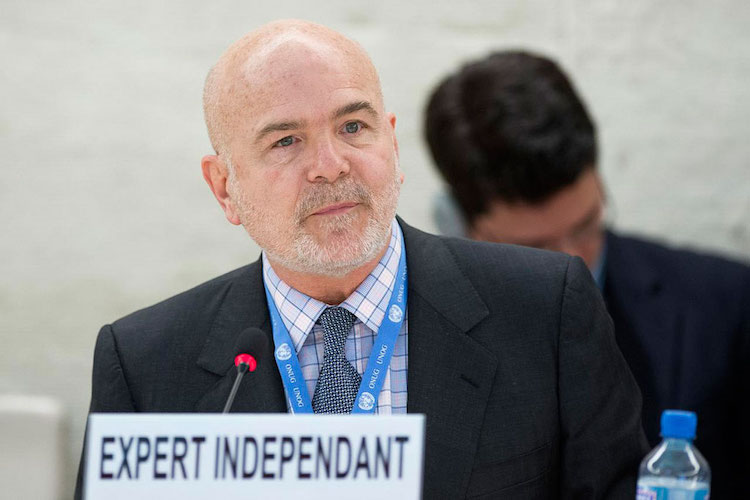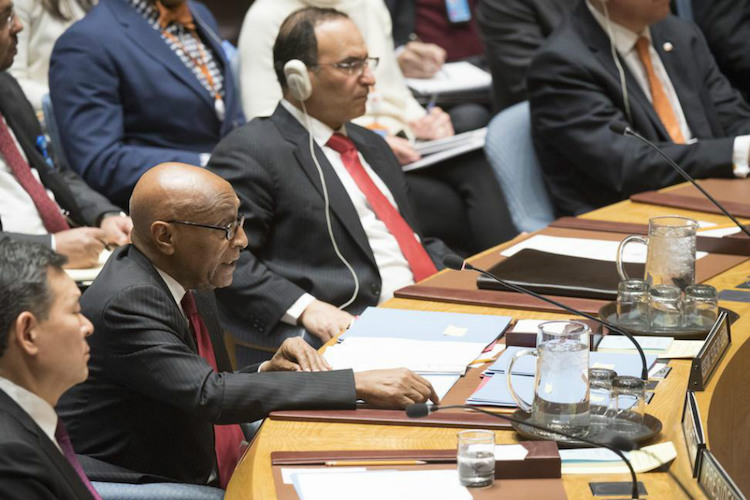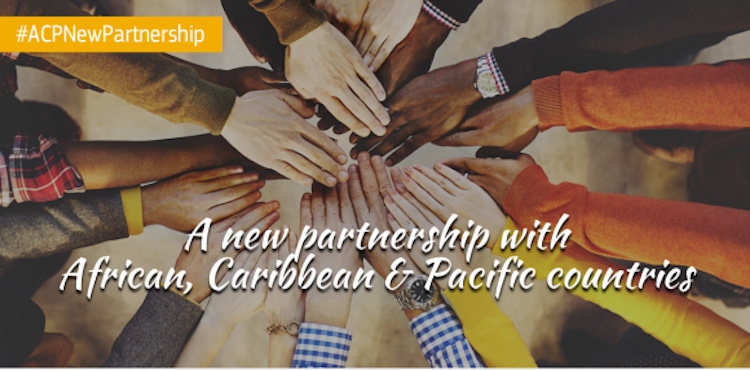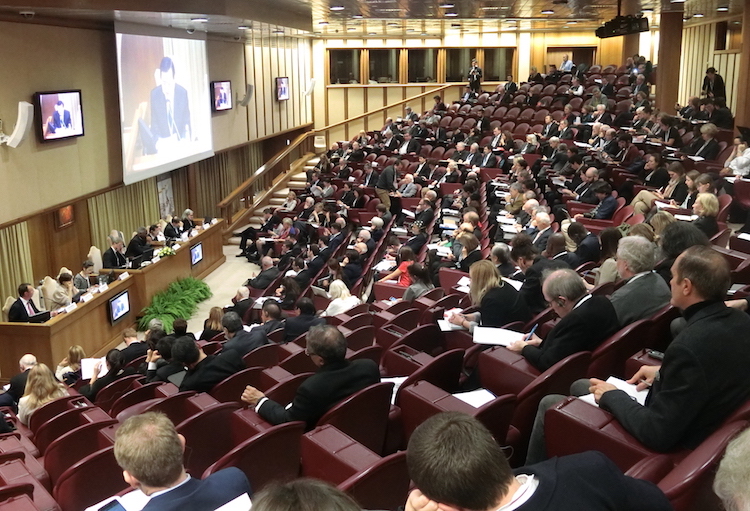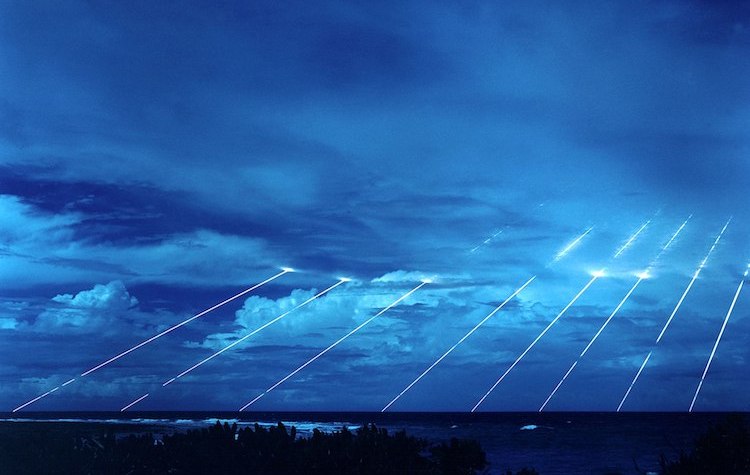Viewpoint by Roberto Savio The writer is publisher of Other News, an eminent proponent of “information that markets eliminate” and founder of IPS-Inter Press Service News Agency. This article is being reproduced courtesy of Other News with the writer’s permission. He can be contacted at utopia@robertosavio.info and his articles and comments can be read on […]
Tribute to Sir Peter Sutherland (April 25, 1946 – January 7, 2018)
By Dr. Purnaka L. de Silva The author is Director, Institute for Strategic Studies and Democracy (ISSD) Malta. VALETTA (IDN) – Humanitarians across the world are mourning the passing of one of the greatest champions for the rights and freedoms of migrants and refugees, Sir Peter Sutherland, UN Special Representative of the Secretary-General for International […]
Donald Trump’s Nuclear Posture Rather Menacing
By Daryl G. Kimball Daryl G. Kimball is Executive Director of the Arms Control Association. This article first appeared with the caption ‘Trump’s More Dangerous Nuclear Posture’. WASHINGTON, D.C. (IDN-INPS) – Just one year ago, Vice President Joe Biden delivered an address touting the progress achieved during the Obama years to reduce the salience and […]
UN Experts Censure Saudi Arabia for Human Rights Violations
By Jaya Ramachandran GENEVA (IDN) – Despite being elected as member of the Human Rights Council at the end of 2016, Saudi Arabia has “continued its practice of silencing, arbitrarily arresting, detaining and persecuting human rights defenders and critics,” according to a group of top United Nations human rights experts. “We are also seeking the […]
UN Asks Iranian Authorities to Address Legitimate Concerns of the Population
By Tayé-Brook Zerihoun Tayé-Brook Zerihoun is the Assistant Secretary-General for United Nations Department of Political Affairs. The following are extensive excerpts from his ‘briefing’ to the Security Council on ‘The Situation in the Middle East’ on 5 January 2018. UNITED NATIONS (IDN) – The protests in the Islamic Republic of Iran started on 28 December […]
EU and 79 ACP Countries Plan a ‘Modernised Partnership’
By Reinhardt Jacobsen BRUSSELS (IDN) – As the European Union (EU) and the African, Caribbean, and Pacific Group of States (ACP) gear up for talks on future relations between the two groupings after the Cotonou Agreement expires in February 2020, some areas of agreement on their respective stances have emerged. The agreement that was signed […]
India Looks Forward to Hectic Diplomacy in 2018
By Shastri Ramachandaran* NEW DELHI (IDN) – The world could be too much with us in 2018, in a sense that Wordsworth may never have foreseen. In fact, the New Year would begin with a lot of the world in India when leaders of 10 ASEAN (The Association of Southeast Asian Nations), governments come as […]
Landmark Vatican Conference on Nuclear Disarmament Brings a Breeze of Expectation
By Ramesh Jaura The following article is based on an interview with Hirotsugu Terasaki, the Director General of Peace and Global Issues of the lay Buddhist organization Soka Gakkai International (SGI), in Tokyo, Japan. SGI was the sole Buddhist organization that participated in the Vatican Conference on nuclear disarmament on November 10-11, 2017. BERLIN | […]
Jailed U.S.-Cameroonian Professor and Writer Wins Release
By Lisa Vives, Global Information Network NEW YORK (IDN) – A New York-based university professor jailed for his writings critical of President Paul Biya of Cameroon has been released from prison after an outpouring of support from free speech activists, students and academics around the world. Stony Brook professor Patrice Nganang, who has dual citizenship […]
Former ICBM Launch Officer Calls for Reforming Presidential Nuclear Launch Authority
By J C Suresh TORONTO | WASHINGTON, DC (IDN) – Cofounder of the organization Global Zero, and a former Minuteman intercontinental ballistic missile launch officer has called for major changes to prevent a U.S. President from ordering the use of nuclear weapons. In a new article published in the forthcoming issue of Arms Control Today, Bruce Blair, […]

